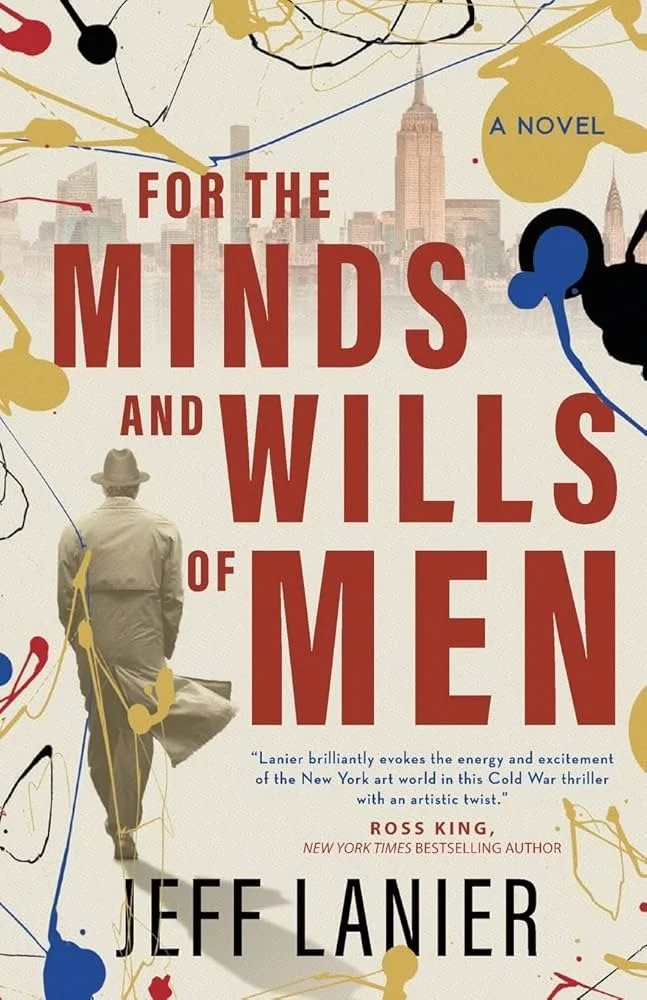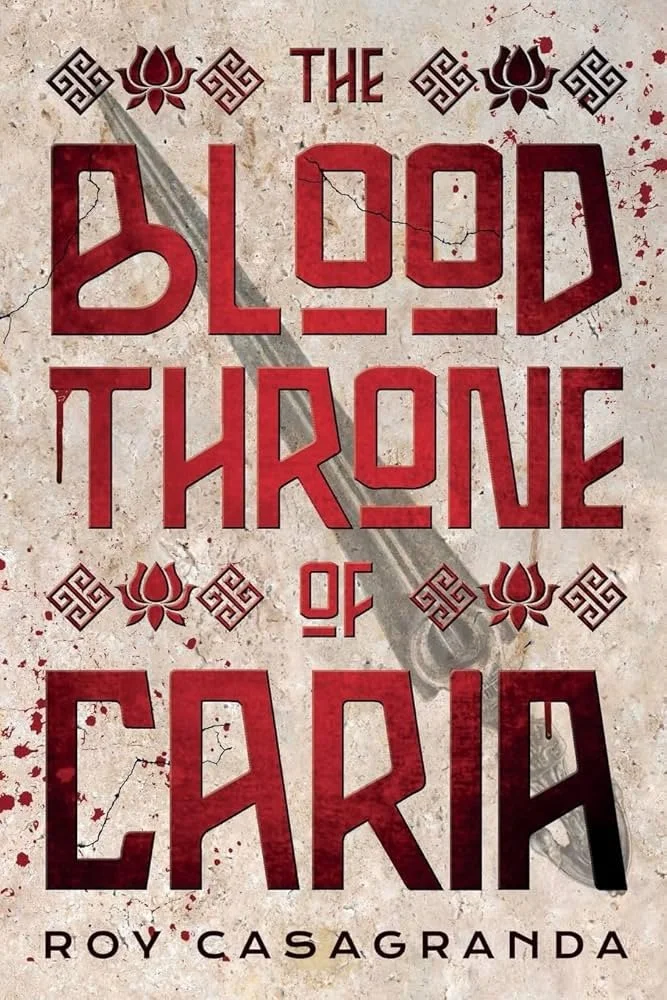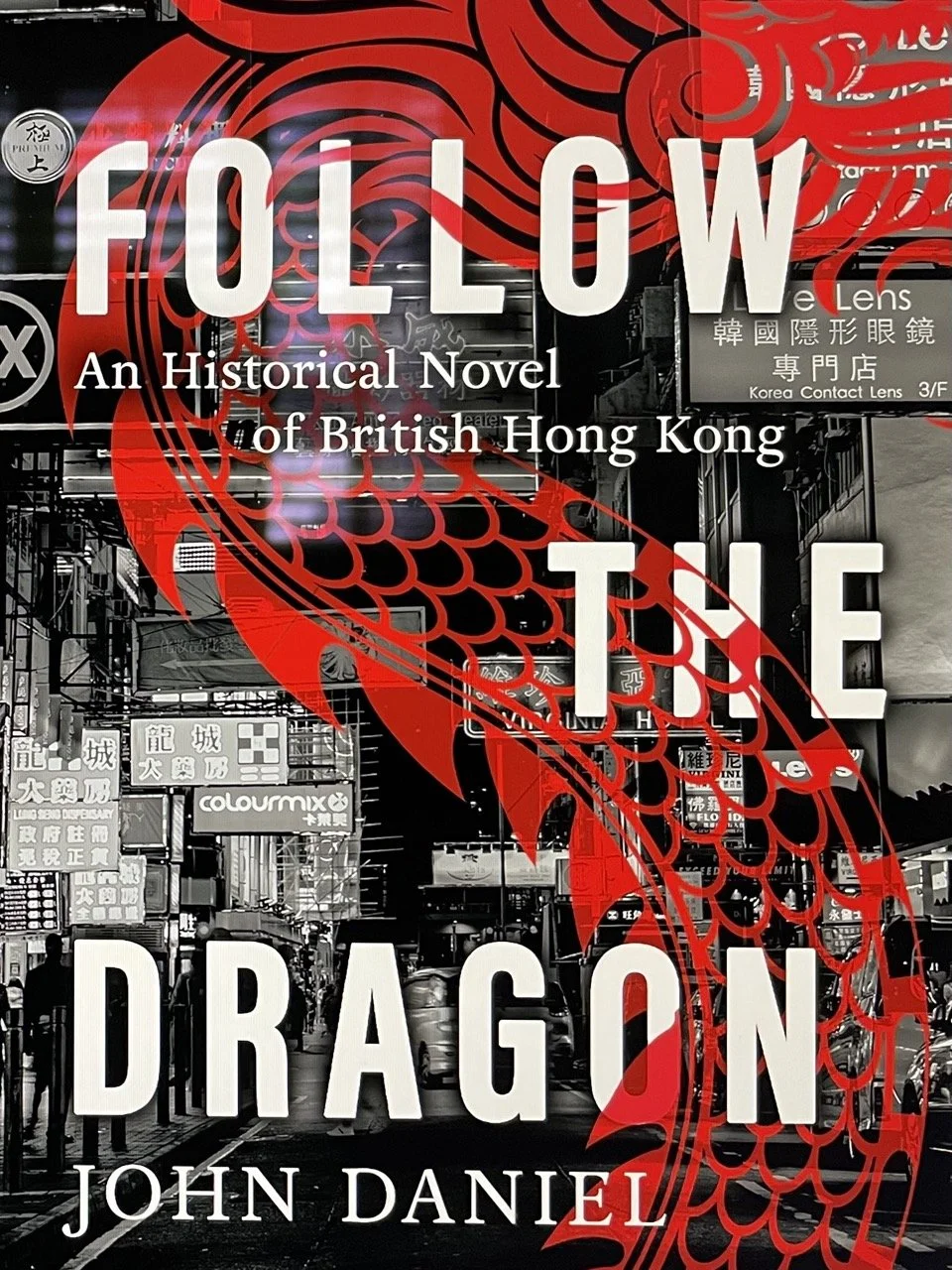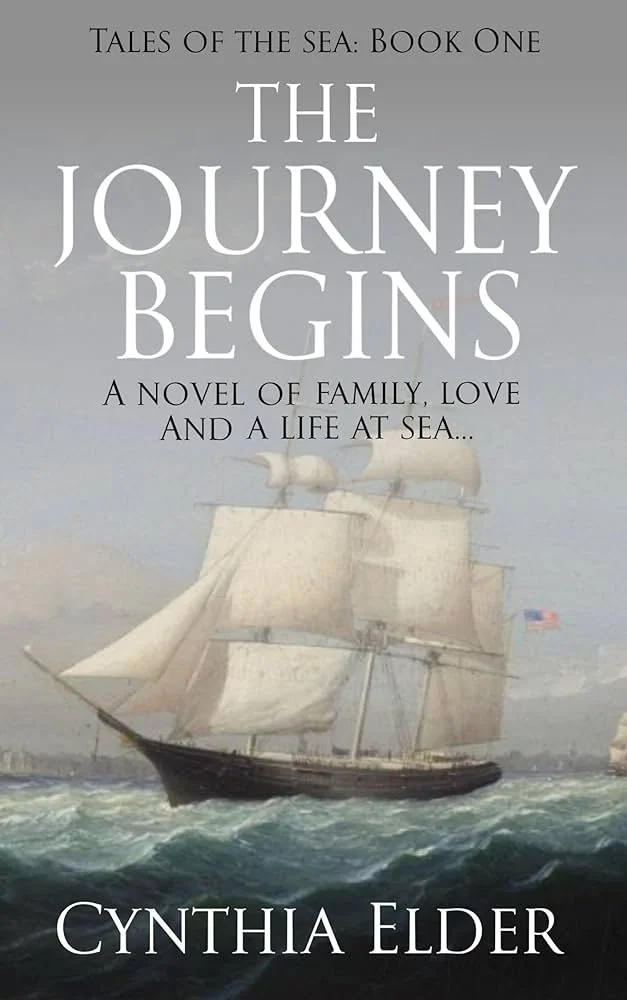2023 Finalist in Historical Fiction
★
First Novel for the Next Generation Indie Book
★
2023 Finalist in Historical Fiction ★ First Novel for the Next Generation Indie Book ★
From the Author: MANHATTAN, 1953. Fear of communist subversion and espionage are tearing America apart. Abstract expressionism is on the verge of exploding, making New York the cultural epicenter of the world. While recovering a stolen Jackson Pollock for a wealthy client, art insurer Will Oxley falls for the client's daughter, Liz Bower, who leads him deep into the rebellious and seductive world of the abstract expressionist painters, their Village bar haunts and East Hampton binges. But when Will learns the painting-and Liz-may be hiding communist secrets better left hidden, he finds himself torn between exposing the girl he loves or risking his life by trusting her instead. Realizing nothing is as it seems, Will is caught between communist espionage, secret government programs, and the grip of cold war fear, suspicion, and betrayal where trust is all he has left...
With post-World War II New York, 1950s avant-garde art world, and the House Un-American Activities Committee hearings as background, the novel tells the story of abstract expressionism and mid-century American politics- through the thrilling search for a stolen Jackson Pollock.
Bragging Rights:
★ 2023 1st Place Winner in Fiction for the IndieReader Discovery
★ 2022 1st Place Winner in Historical Fiction and New Author Fiction for the Dragonfly
★ 2023 Finalist in Historical Fiction and First Novel for the Next Generation Indie Book
★ 2023 PenCraft Award A Best Book Winner
★ 2023 Readers Favorite Book Award Winner
★ 2023 Readers Favorite Five Star Book
Our Take: Set against the charged backdrop of Cold War paranoia and the birth of abstract expressionism, The Minds and Wills of Men is part noir thriller, part love story, and part art world history. Jeff Lanier skillfully blends espionage, political intrigue, and cultural revolution into a suspenseful and intellectual narrative. A compelling pick for readers drawn to atmospheric historical fiction—especially those curious about the collision of art, power, and trust in a world where nothing is quite what it seems.
From a Reader: “[..] an historical art fiction and cold war thriller that will both entertain and electrify the imagination. With a fair bit of noir, significant intrigue, and plenty of fact and fiction expertly intertwined, this story will rank high on the to-read meter and then even higher on the recommend-to-friends-and-family meter. In short, it’s fabulous.”
Get your copy today at the links below!






